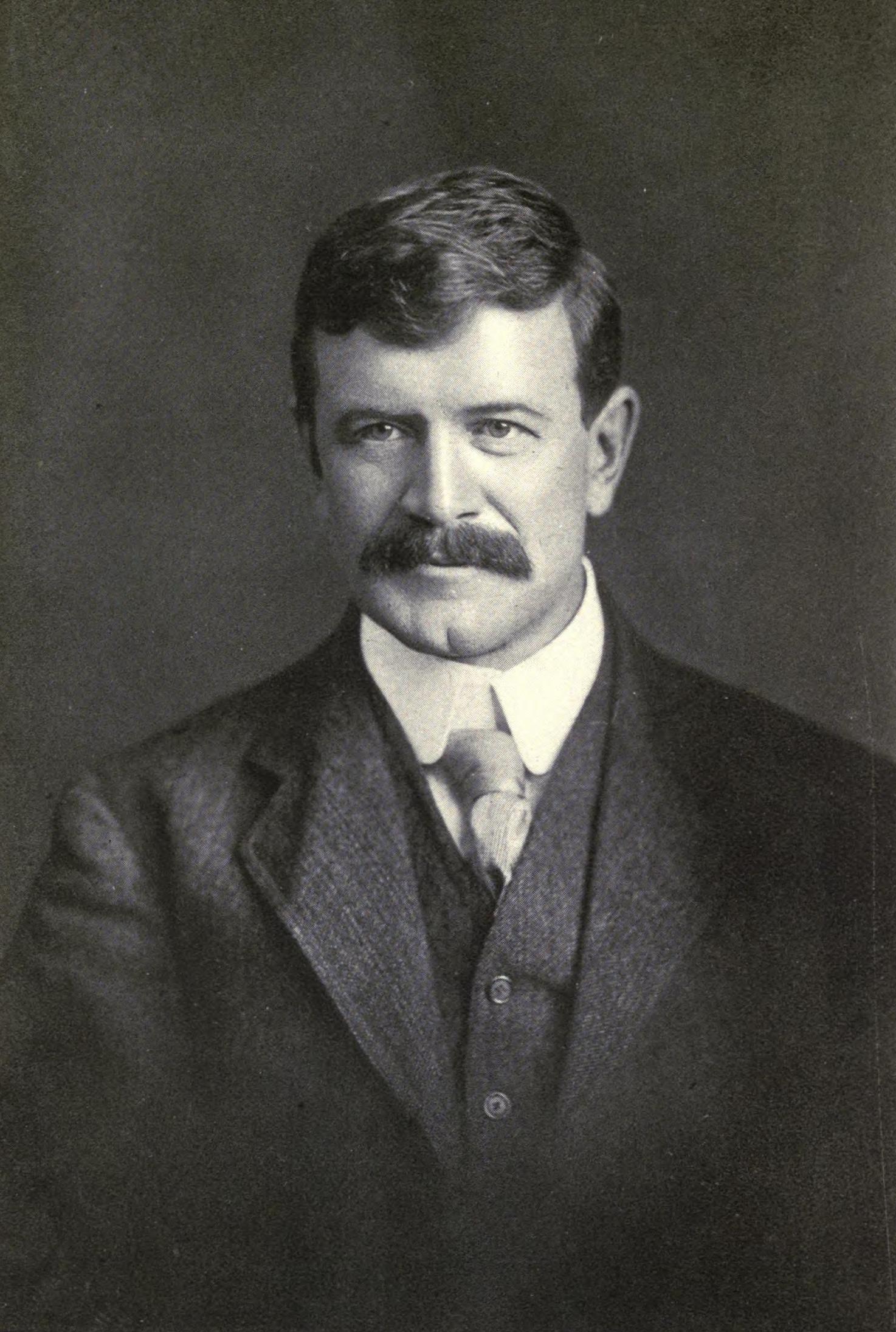I’m delighted that One Year’s Time by Angela Milne has been out for a month now, and I realise I’ve mentioned it a few times but haven’t ever actually written a review of it. I’ve only seen one or two online so far, so I want to spread word more about this marvellous book.
And, gosh, it so nearly didn’t happen! I may have told this story before, but it bears repeating. It was all lined up a couple of years ago, and I think it was even in the catalogue, but it was proving impossible to track down the family. The British Library are brilliant at finding estates and negotiating publications, so it did feel like a lost cause. With the thought ‘well, it can’t hurt’, rather than any real expectations, I put a plea out here. And it turned out that one of Angela Milne’s nephews had once commented on Claire’s blog, so she got in touch with him – and he was able to connect us with Angela Milne’s children. How wonderful! The blogging world stepped in where every other attempt had failed – and the result is that One Year’s Time is back in print.
This was Angela Milne’s only novel, published in 1942 but set in the 1930s – the exact year isn’t clear, but war is clearly on the horizon. It tells of a year in the life of Liza, particularly her romantic entanglements with a young man called Walter (!), and of her work in an office. It’s rare to get the career angle of a woman’s life in a novel from this period, and I particularly enjoyed that.
As the book opens, Liza is painting the floor – rather unsuccessfully. She surveys her flat, and feels a bit sad about being single.
There was a scrubby patch on the carpet where she had washed the ink out; and two cushions hardly counted as heaping a divan, and chintz curtains weren’t necessarily chintzy, and they weren’t gay, they were just curtains hanging up. She thought, oh, all these things the newspaper say about what they call Bachelor Girls.
‘Bachelor Girls’ is a term that recurs throughout the novel. Liza feels some disdain for women who are unmarried, particularly those who have settled into lifelong friendships with other women (and one does wonder how much she might be missing about lesbians…) But she also stands up to Walter when he mentions the same topic:
“You have to wear a collar and tie and have square legs to be a bachelor girl.”
“It’s awfully unfair that they don’t call men spinster boys. I mean, men who aren’t married. Why do you think they don’t?”
“I suppose they aren’t a new enough invention,” said Walter.
We chart the ups and downs of Liza and Walter’s relationship, and what I most enjoyed about it was the dialogue. It’s very hard to get flirtiness and wit onto the page, but I think Milne does it brilliantly. A lot of what they say is quite stagey, and reminded me of Noel Coward, so it gives the sense of what their relationship is like – rather than being actual conversations that real people would have. And that, to my mind, makes it much more entertaining.
As I wrote in my afterword to the new edition, two themes that dominate One Year’s Time, or at least preoccupy the characters, are sex and money. It is surprisingly frank for a 1942 novel, particularly one probably aimed at a wide audience rather than a small literary elite. Walter casually says that the thing he likes best in the world is sex, and Liza and Walter go speedily from meeting each other to ‘me in bed with nothing on, and him kneeling there with only socks’. They have no qualms about discussing their past sexual history with each other, and Walter even casually mentions having had an affair with a married woman.
And then there’s money. Liza earns a living and has a small legacy from an uncle, but she is very conscious of not having quite enough to live the lifestyle she’d like. We get the details of her salary, her potential raises, her rent – even how much different food items are in shops, and her silent indignance when a friend spends more than others at a restaurant then splits the bill. Such things are perennial.
So much about this book feels fresh and modern. It’s also, of course, a snapshot of the late 1930s – in a way that helps us remember that human nature doesn’t changed very much, and we all have more or less the same concerns that our parents/grandparents/great-grandparents did. Most of all, I think it’s a very funny book with a memorable pair at the centre who are often frustrating but always compelling. I’m so pleased it’s back in print, and I finally have my own copy.









